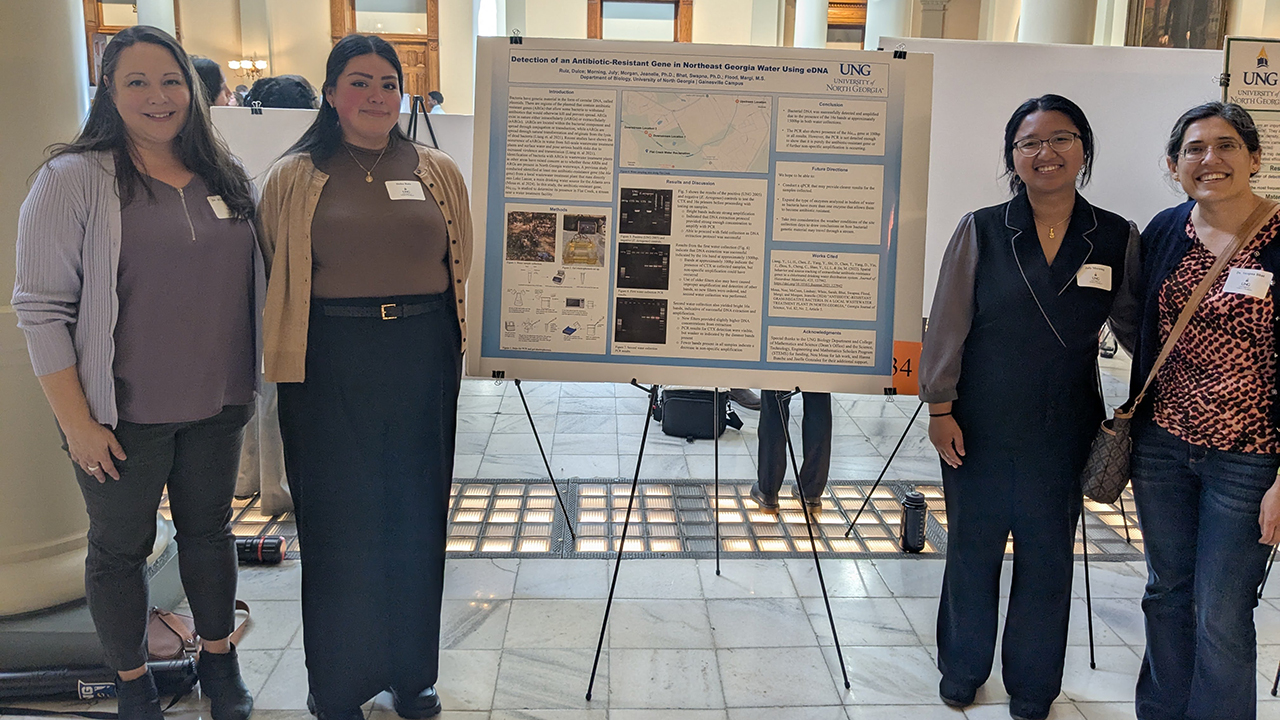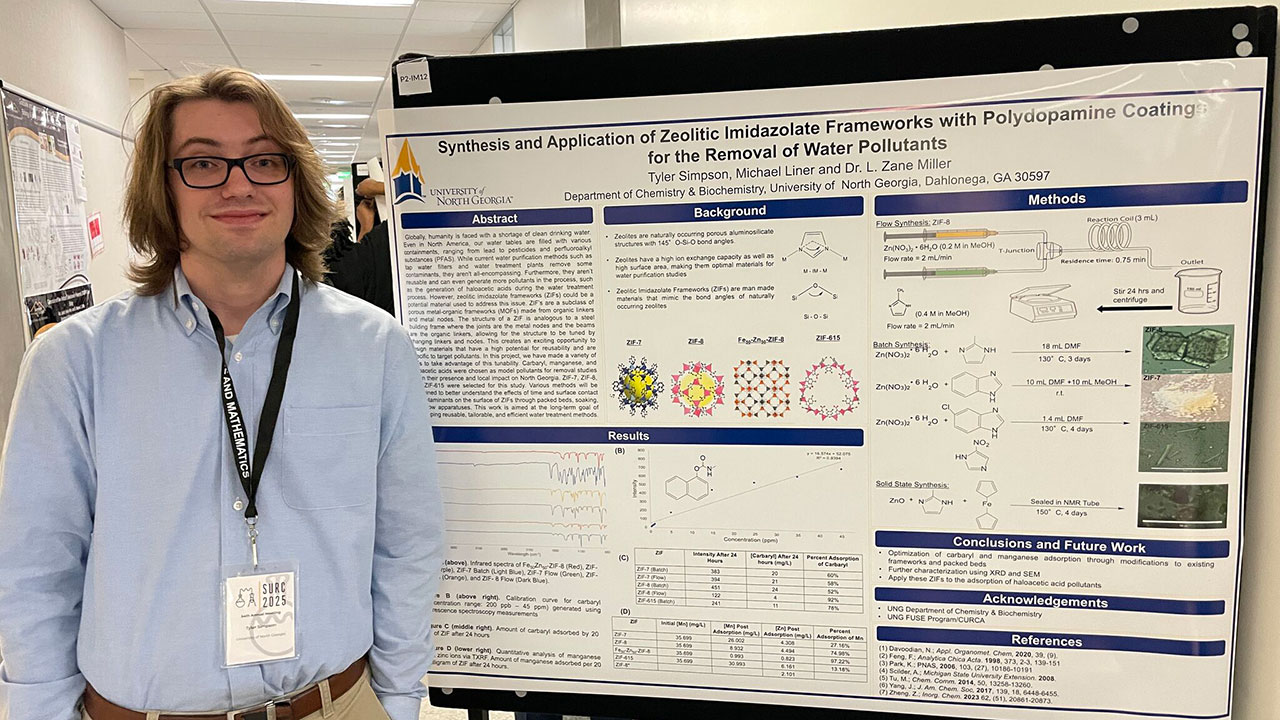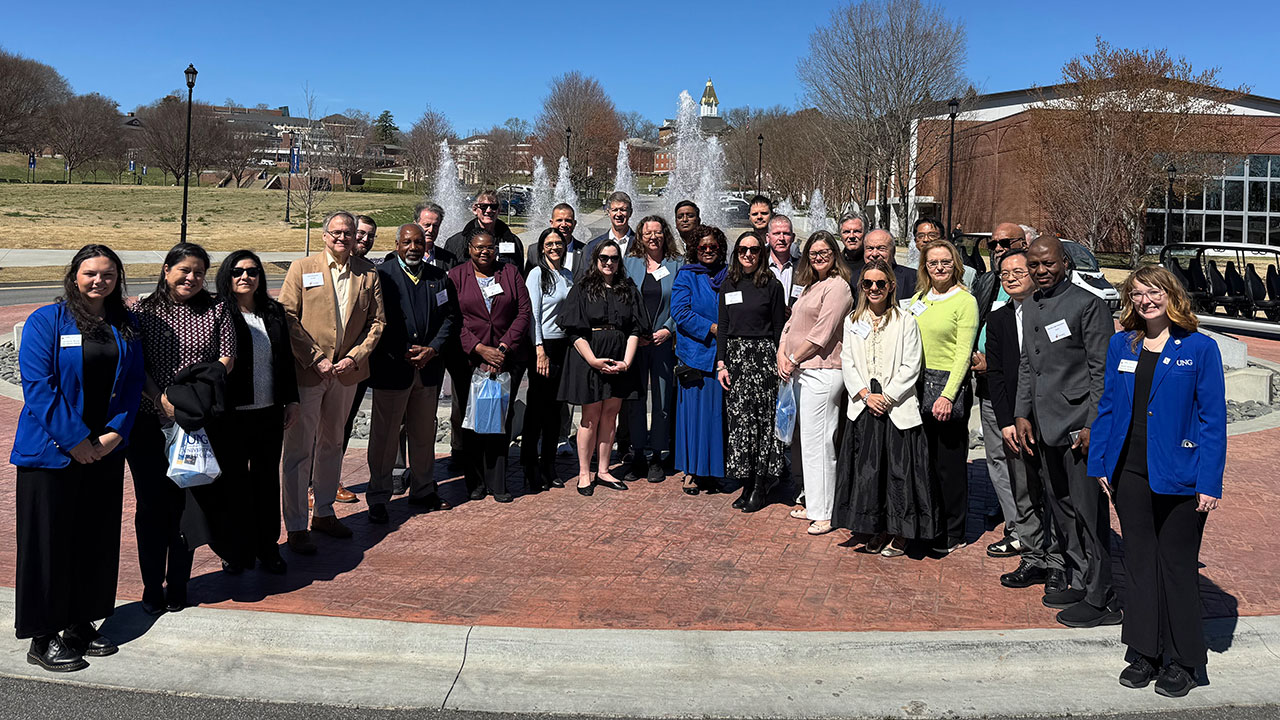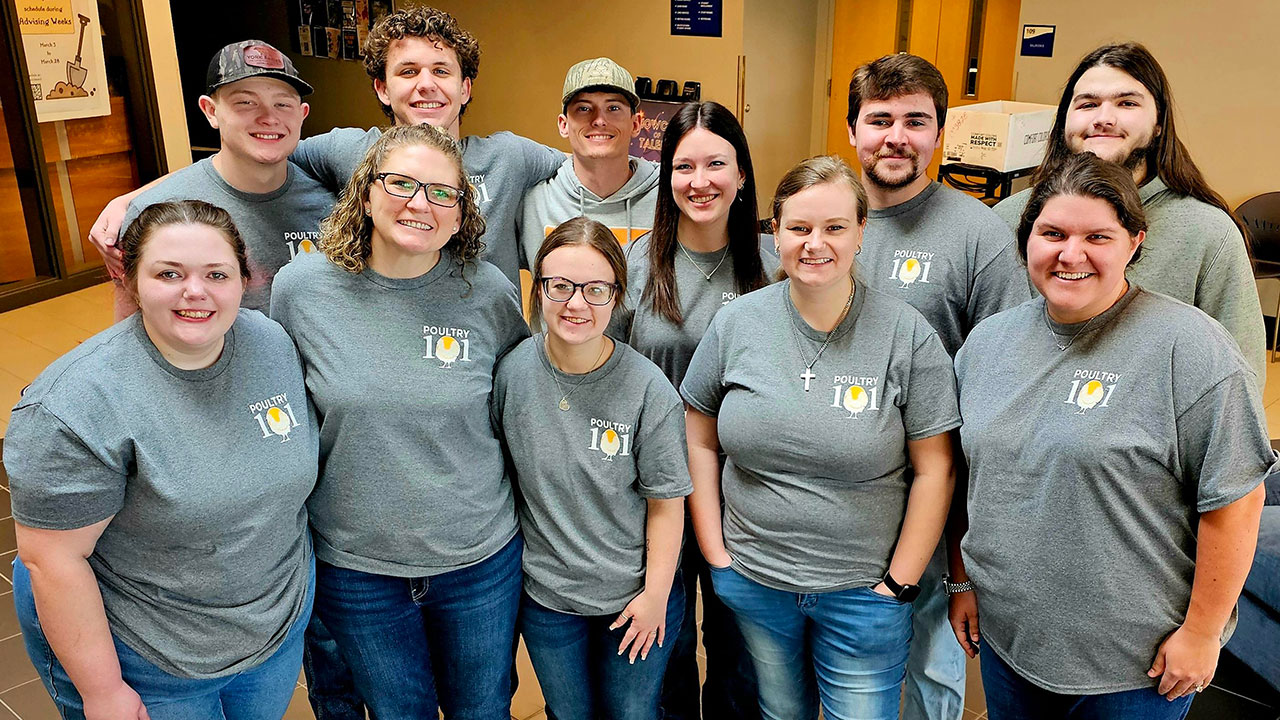Mathematics faculty use technology to gauge students' needs

Article By: Clark Leonard
A pair of mathematics faculty members are using a Presidential Innovation Incentive Award to help them better meet the instructional needs of their students.
Dr. Ramjee Sharma, associate professor of mathematics, and Dr. Dipendra Regmi, assistant professor of mathematics, started the project in the spring and plan to expand it in the fall. The first portion of the effort gives students videos and online quizzes about class material before it is taught. Then the faculty members can see the results of the quizzes to gauge how well students understand the material and where they need the most help.
"We can see where we need to fill gaps. We look at results before planning lesson materials for the class," Sharma said. "It improves the learning, and at the same time, we can give them more material."
They used a total of 34 online videos between calculus II and elementary statistics classes in the spring.
"We are inspired by the success of the online videos and quizzes and positive responses from the students," Sharma said. "One of the things we learned from the spring is that instead of assigning the same videos and quizzes to all the students, we should divide the students into different groups based on their prior knowledge and assign the video quizzes appropriate to their needs."
The preparation of this new content also readied the faculty members for the disruptions of COVID-19.
"While our project is still a work in progress, the most important benefit was that we already had all the tools to produce the regular class videos when we had to switch to remote instruction due to the COVID-19 pandemic," Sharma said.
Sharma said the online quizzes can be taken as many times as needed to help students be better prepared for classroom instruction.
"We expect that this intervention to the existing math pedagogy will make students self-aware of their knowledge, make them more prepared for the class, and help them improve their grade performance," Sharma said. "We also expect better use of UNG's existing online eLearning platform, D2L, to better engage students and improve their learning outcomes."
The second element of the project, planned for fall, allows for real-time measurement of students' understanding in the classroom. Clickers will enable students to submit their answers for math problems as Sharma and Regmi put problems on a screen in class. Regmi said this will encourage participation among students who are nervous about whether they have the right answer because their classmates will only see how many people got the problem correct.
Regmi appreciates how these uses of technology remove some of the guesswork for faculty.
"We can make classes more interactive," Regmi said. "In the past, you might think students understood, but now you can know for sure."
Including Sharma and Regmi's project, UNG President Bonita Jacobs funded 44 of 69 Presidential Incentive Award proposals in 2019-20 for a total investment of $415,000. Since Jacobs launched the Presidential Incentive Awards in 2013, more than $1.7 million has been invested in faculty and staff whose research and scholarly work have a direct impact on enhanced educational experiences for students and innovations that improve professional practices.



